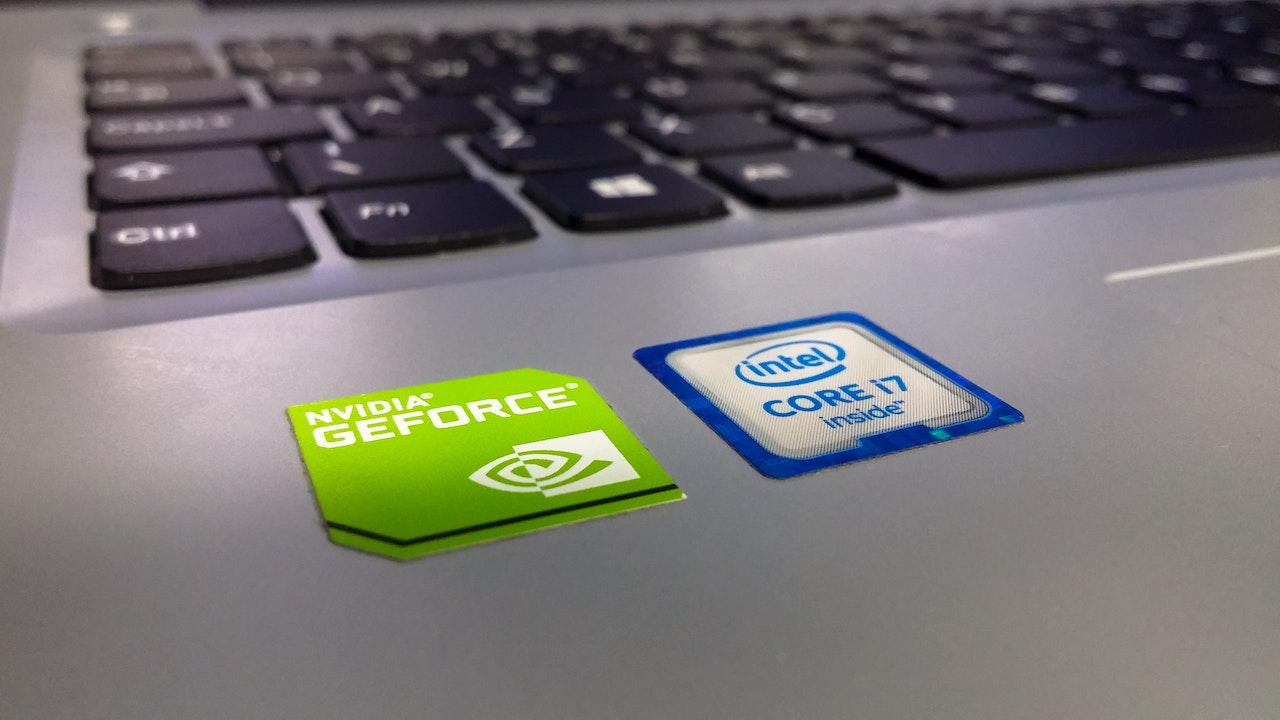Intel Corp announced on Tuesday that its upcoming “Meteor Lake” laptop chip is set to revolutionize the accessibility of AI technologies, making it possible for both businesses and consumers to harness the power of “ChatGPT-style” AI on their personal computers. This groundbreaking development eliminates the need to transmit sensitive data to cloud data centers for AI processing, enhancing data security and privacy.
The key innovation behind this advancement lies in the integration of the AI data-crunching features of Intel directly into the laptop chip, coupled with the release of supportive software tools by the company. These combined features enable users to effortlessly access generative artificial intelligence chatbots that operate directly on their PCs, without relying on external servers.
Intel’s commitment to driving technological progress in the field of AI is further demonstrated by their announcement of an upcoming chip, “Arrow Lake,” scheduled for release next year. This chip is expected to be manufactured using cutting-edge Intel technologies, rivaling the efficiency and sophistication of those produced by industry leader Taiwan Semiconductor Manufacturing Co. Intel’s strategic objective is to gain a competitive edge in the market for high-performance chips utilized in data centers, particularly for training AI systems like ChatGPT.
The significance of Intel’s new offering becomes even more apparent when considering its impact on developers working with language models commonly found in chatbot technology. Intel’s recently introduced software, named OpenVINO, significantly accelerates developers’ ability to deploy Meta Platforms’ language models on their laptops, resulting in faster and more efficient AI operations. This innovative approach is poised to resonate with individuals and businesses concerned about the security of their sensitive information when interacting with third-party AI providers.
Dan Hutcheson, an analyst with TechInsights, highlighted the challenge facing Intel’s CEO, Pat Gelsinger, in making AI technology widely accessible: “If he can pull that off, and make it so that anyone can use it, that creates a much bigger market for chips – the chips that he makes,” Hutcheson said. Intel’s overarching mission is clear: to reduce the dependence on cloud-based resources for AI analytics, ultimately fostering a more secure environment for businesses and consumers alike.
As the technology industry continues its relentless march toward AI advancements, Intel’s latest laptop chip represents a significant stride in AI development while concurrently safeguarding data privacy. By enabling AI technologies to operate directly on laptops and PCs, Intel is paving the way for a more secure and accessible world of artificial intelligence.
Source: Reuters



